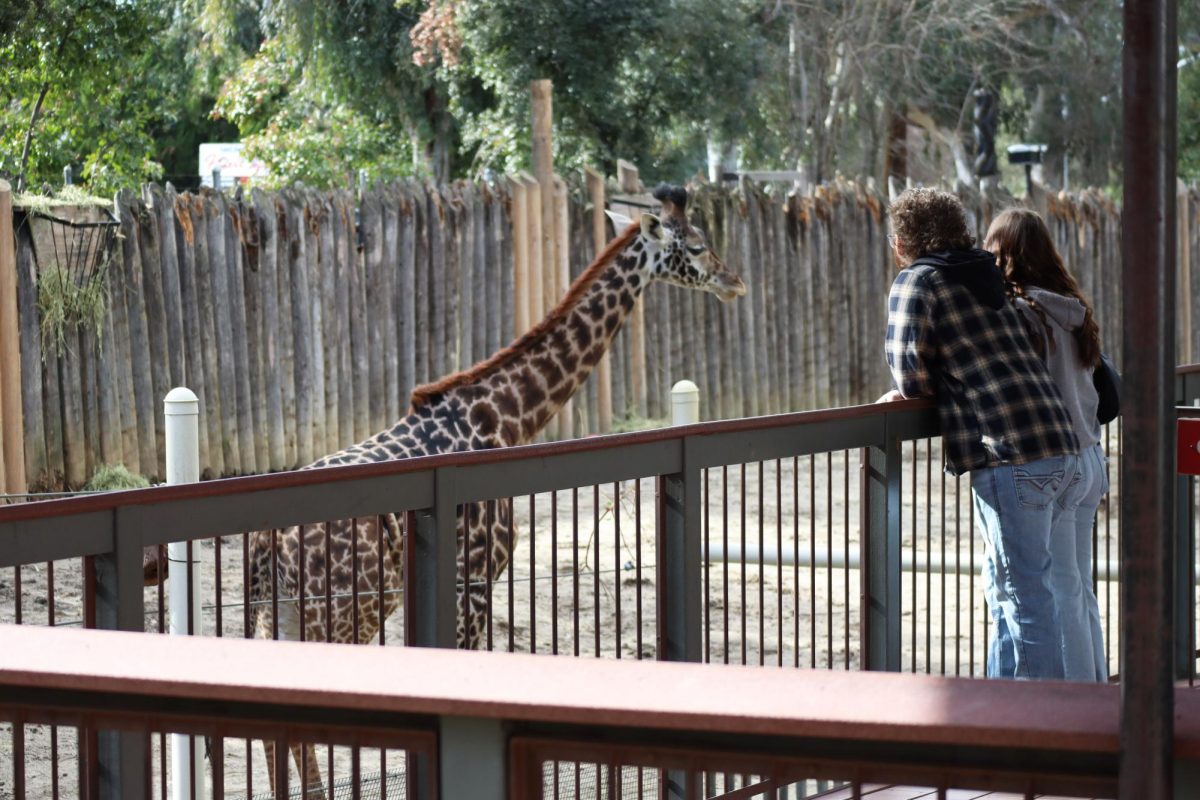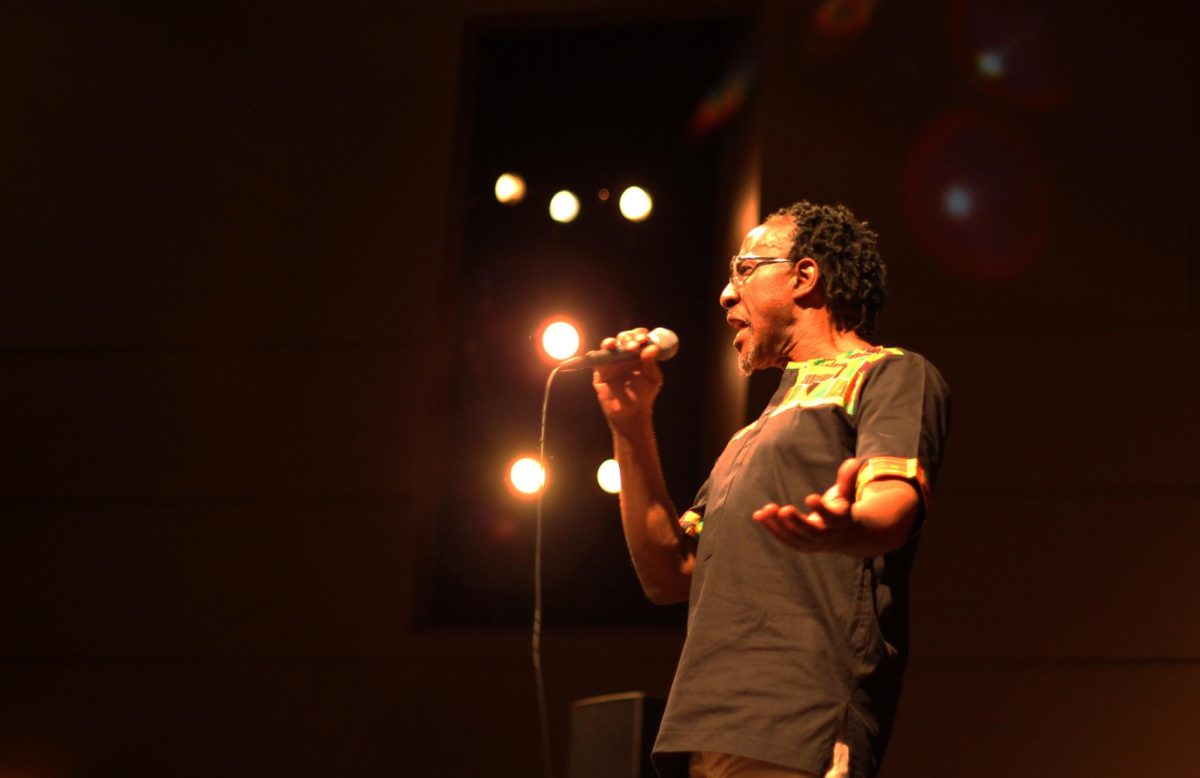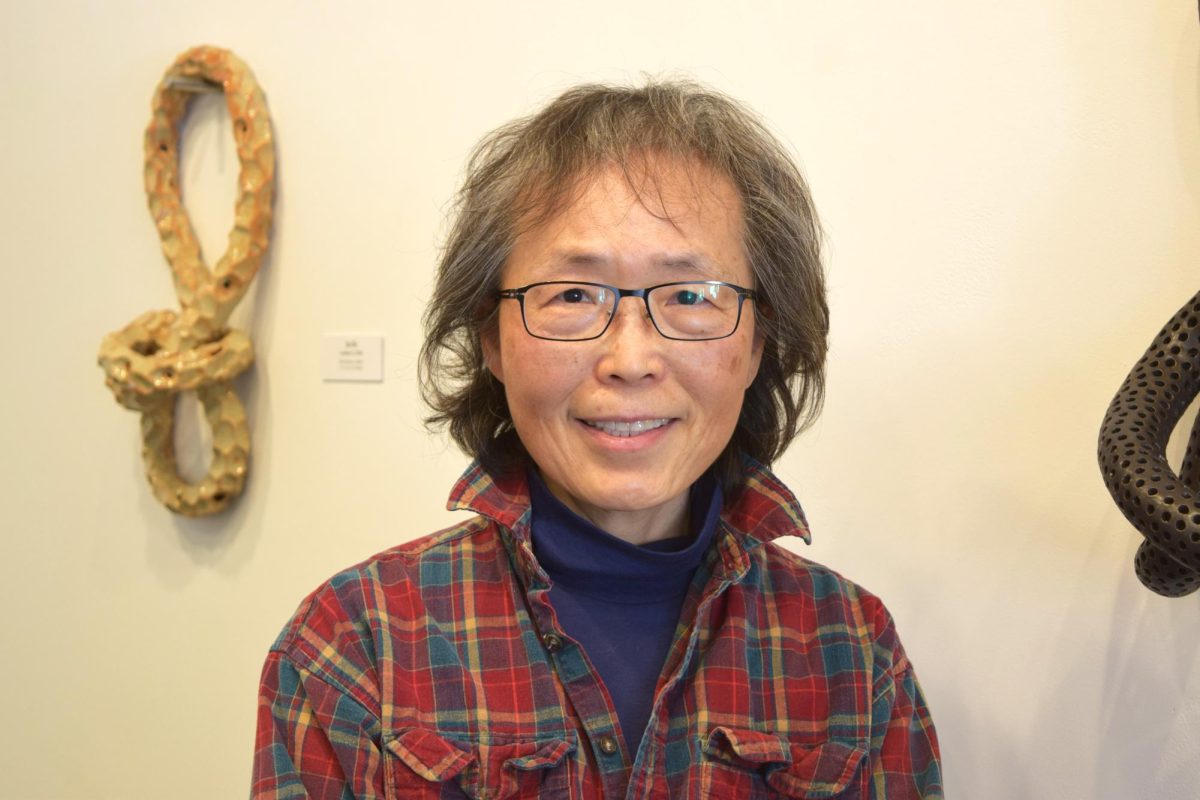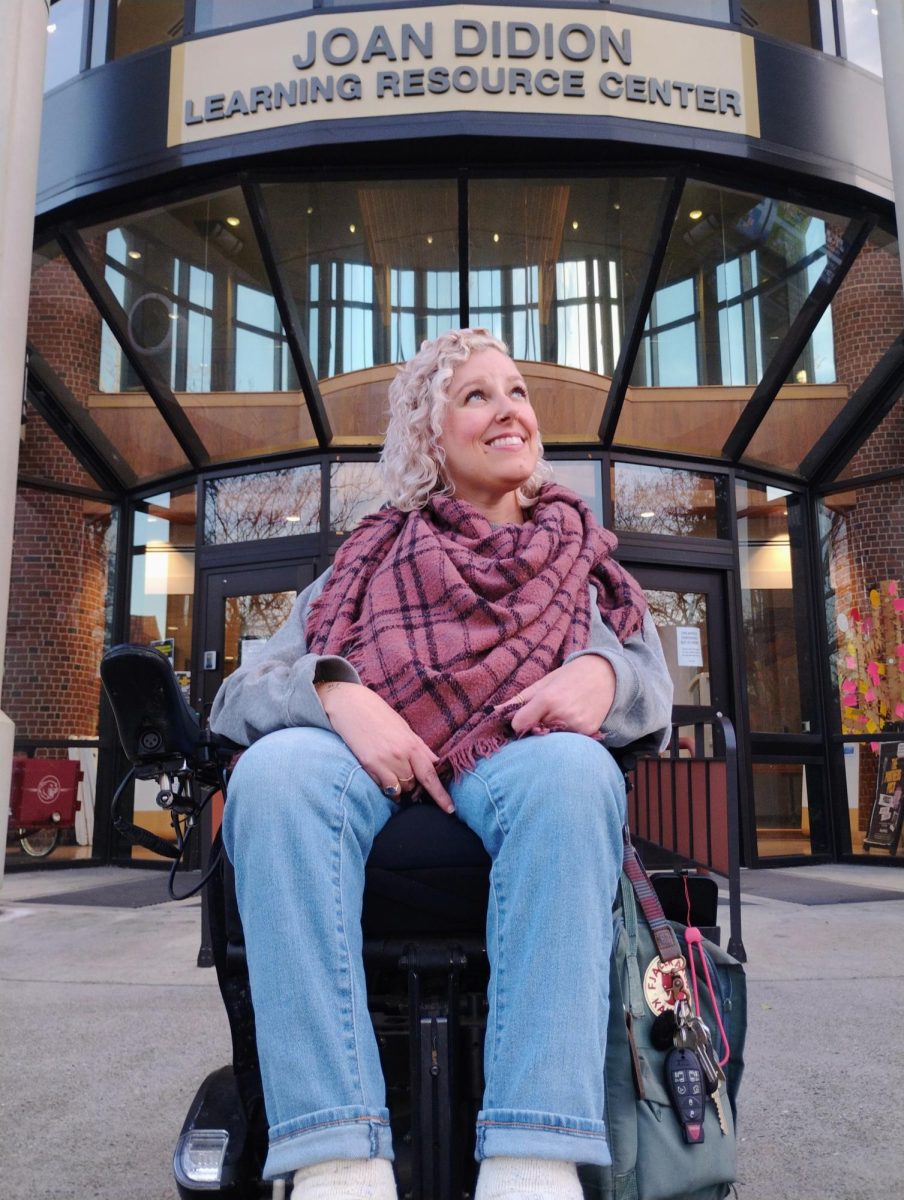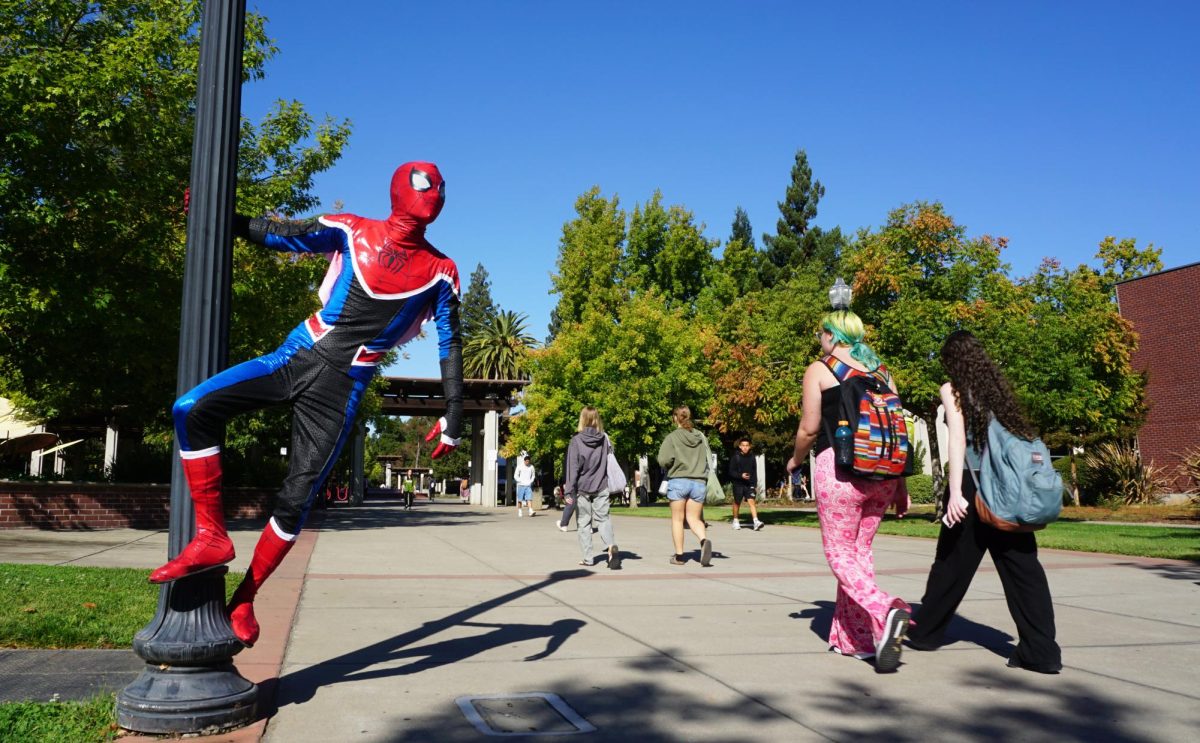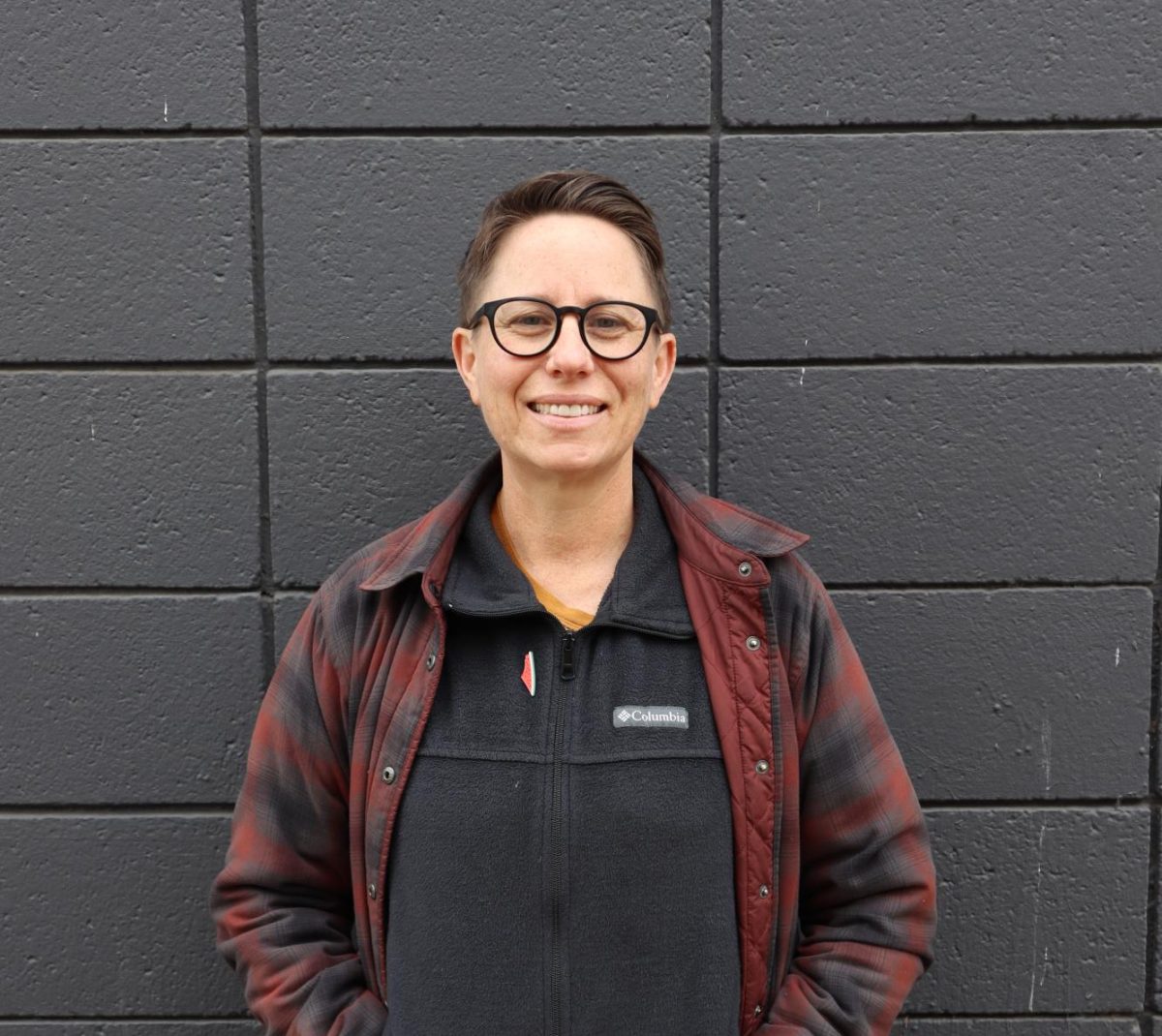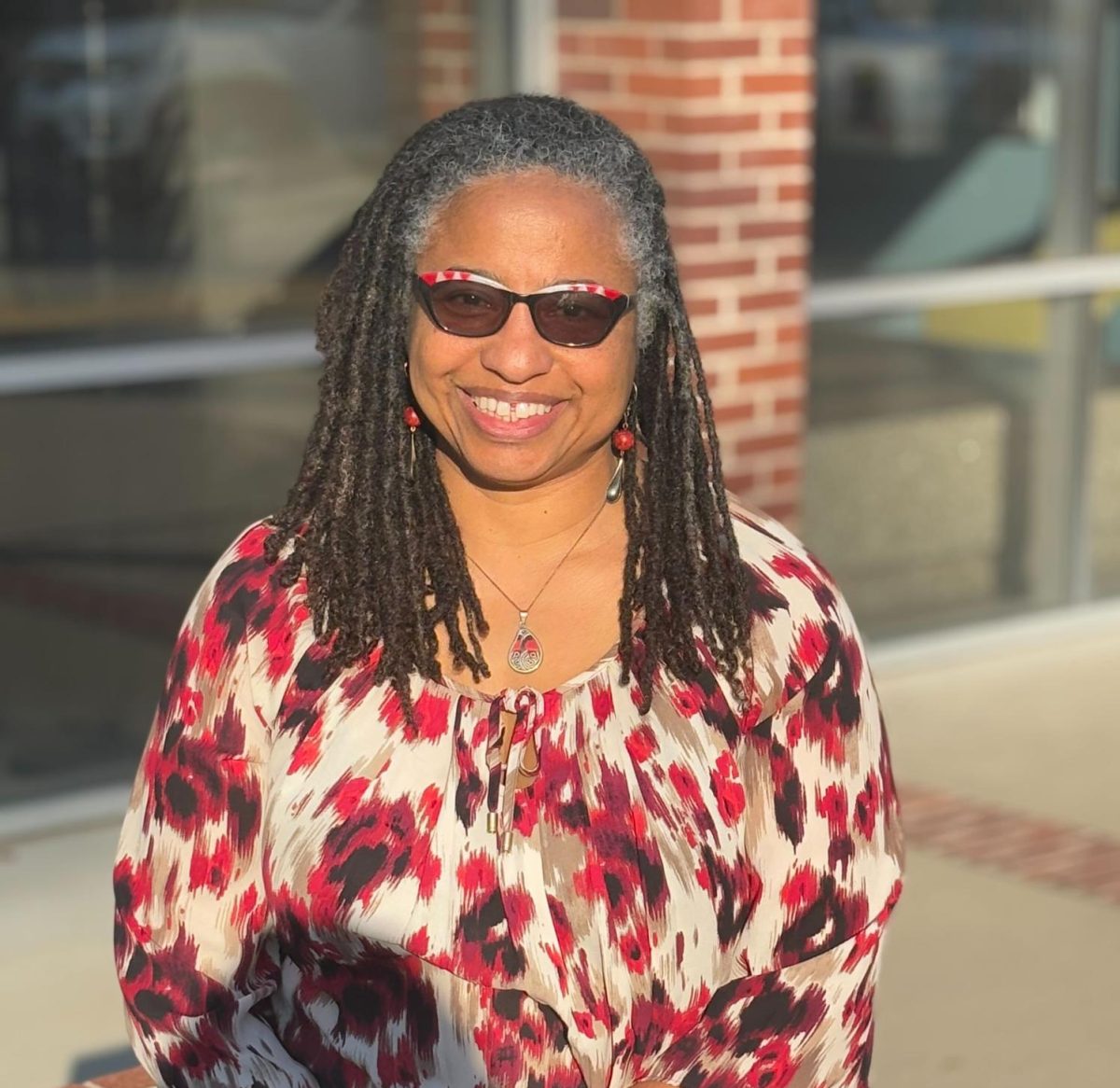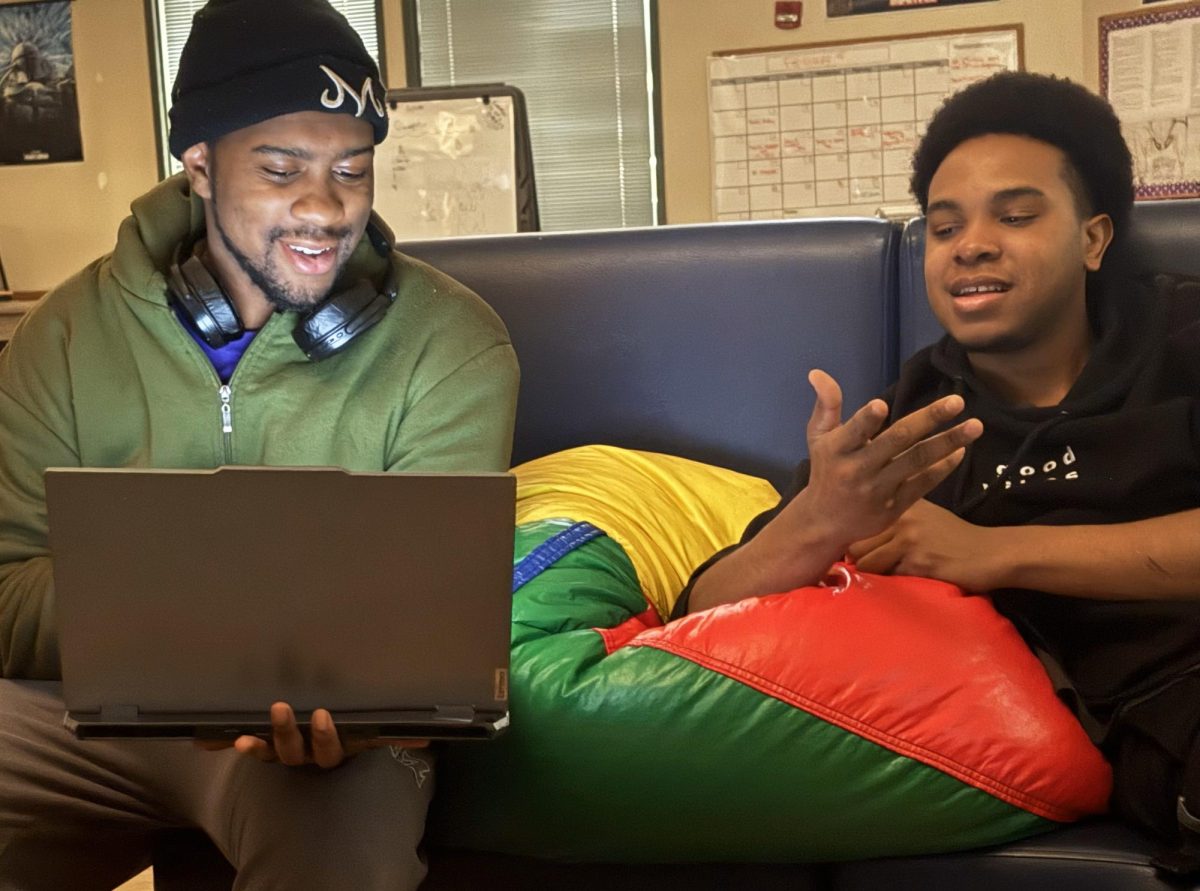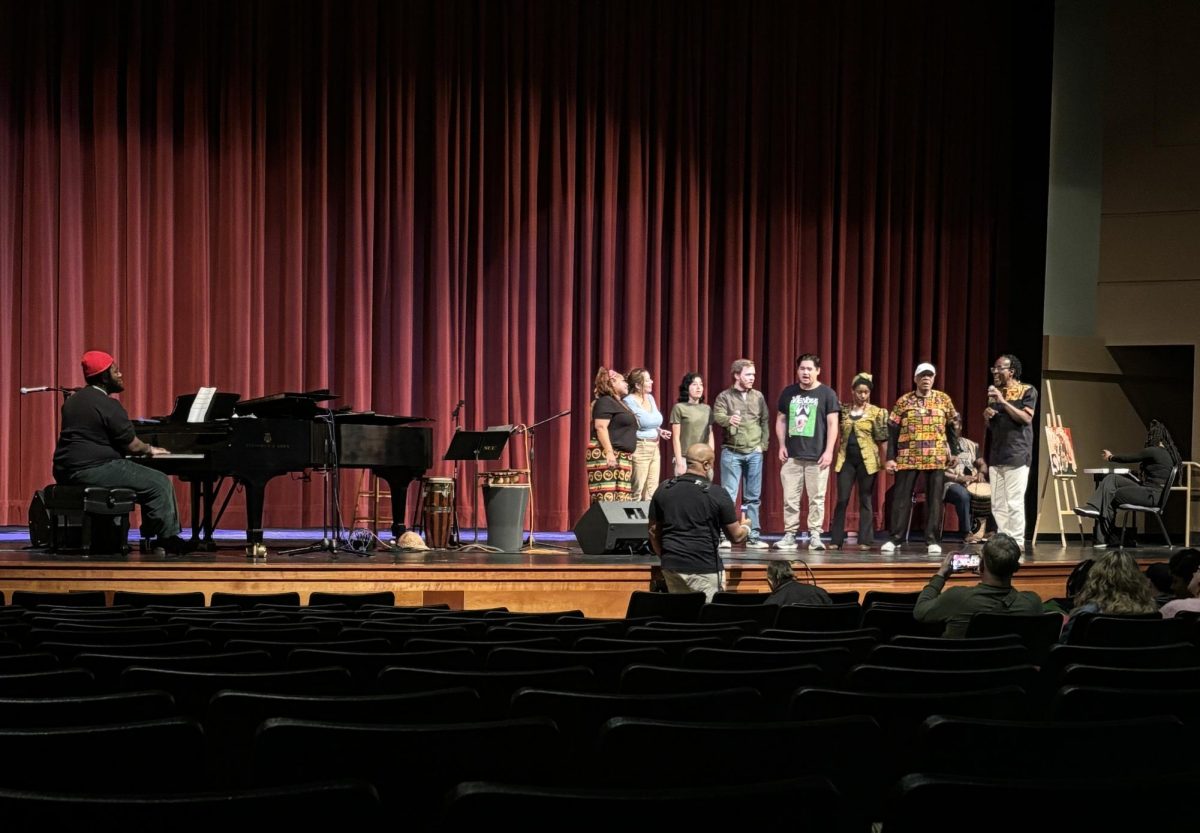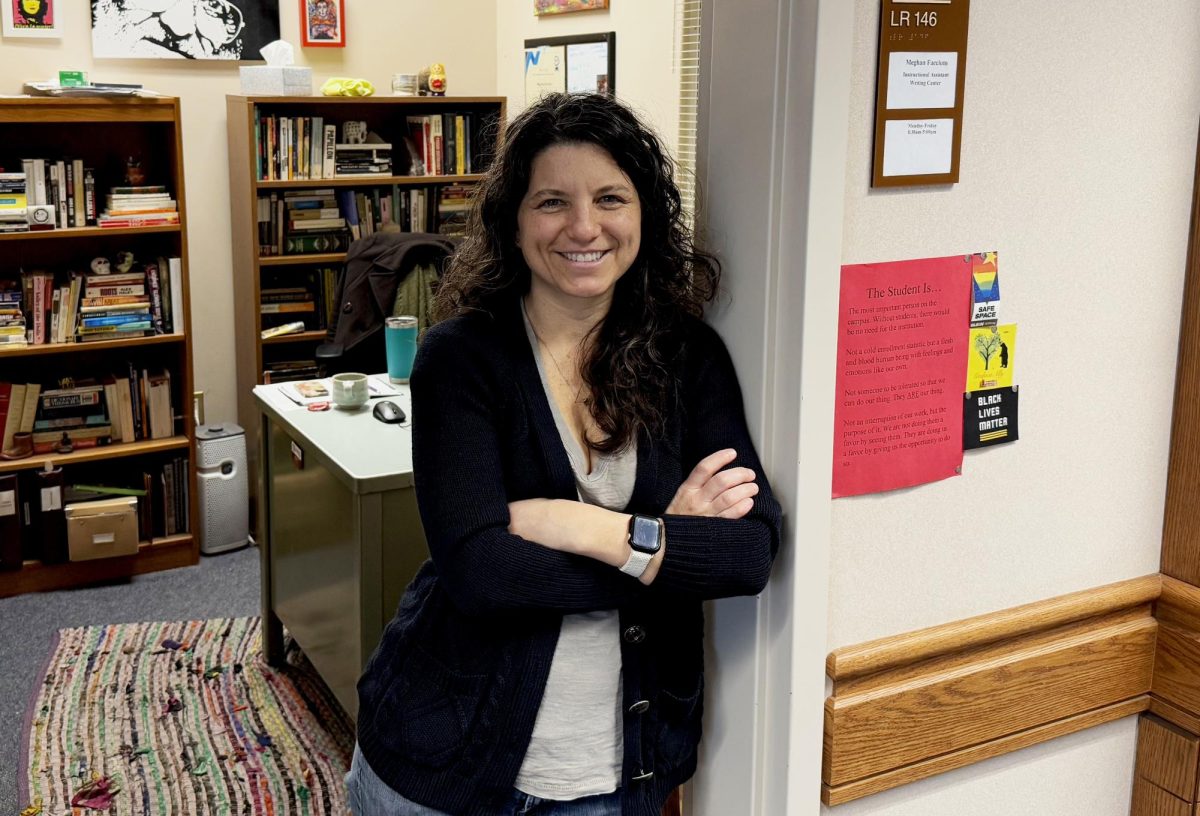Nearly 150,000 U.S. soldiers are currently engaged on the battlefields of Iraq and Afghanistan. These men and women risk certain death on a daily basis.
Bullets whiz by as an attack commences and next, a mortar shell explodes. Swirling dust renders you briefly invisible. Just then, someone lurches forward– is it a friend or foe? Soldiers must trust that their instincts and training will save them in situations like these. A soldier’s most immediate focus is to avoid the combat zone’s imminent dangers: death and injury. On this costly platform, a soldier tries to survive and help those around them do the same. Pondering over a soldier’s sexual orientation seems rather unimportant and trivial against these very real and deadly uncertainties.
Why does the military’s stance on gays and lesbians in the military, the “don’t ask, don’t tell,” policy, continue as U.S. law? This ambiguous code of conduct has transformed America’s armed forces from a stronger, more cohesive force to a weaker one. The 16-year-old policy has succeeded in destroying the hard-earned careers built by gay and lesbian soldiers in its corridors and depleted the pool of prospective soldiers wanting to join its ranks. Worst of all, the policy has forced soldiers who have taken an honorable oath to their country to have to lie about who they are.
DADT has wiped out many established military careers: over 12,000 men and women have been expelled. Various types of soldiers with a multitude of skills were not protected. Among those dismissed were dozens of Arabic translators, whose highly specialized knowledge and expertise provides the U.S. military with vital intelligence. Others were highly decorated and skilled soldiers. Their distinguished service records, commendations and reputations, that took some soldiers decades to attain, vanished overnight. The loss of benefits and pensions, taken away from soldiers receiving dishonorable discharges, has a devastating effect.
The enactment of DADT spotlighted gays and lesbians serving in the military. Instead of providing a positive way to build teamwork, it further isolated the men and women most at risk to exposure and caused paranoid about their delicate situations.
Portions of gay and lesbian soldiers, who may have previously considered enlisting, now silently back away. Why would anyone risk exposing themselves, especially highly skilled candidates, to a rigid system that forces its members to lie?
Becoming a soldier and coming out of the closet have similarities: both are life altering and can exact a toll on the individual. You need strong support from a network of trusted friends and family. But if you happen to be gay or lesbian in the armed forces, you’re essentially on your own. You are left with no choice but to dishonor yourself.
It’s absolutely ridiculous to think a soldier can remain honorable while having to lie to their superiors and fellow soldiers, but that’s the standard doctrine DADT wants us to adhere to. The battlefield remains the ultimate test for a soldier. There is nothing to hide behind there. Whenever you enter its borders, your body and soul are compromised to the worst degree. What’s left of your identity shouldn’t be. A soldier should be judged on his or her abilities.
Barry Goldwater, a former Arizona senator, said it best: “You don’t have to be straight to be in the military; you just have to be able to shoot straight.”



